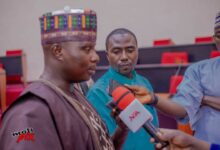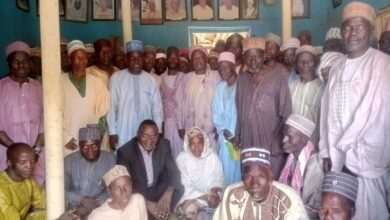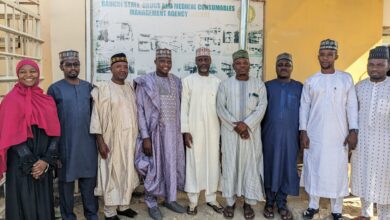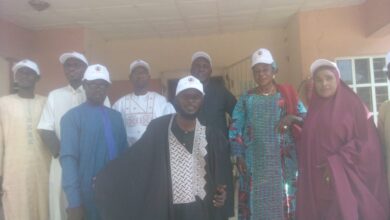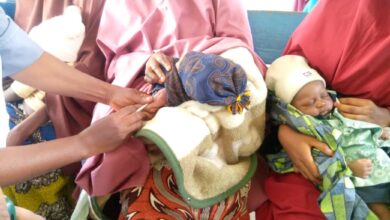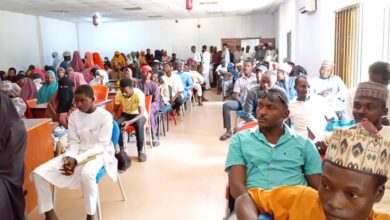Relevant stakeholders advised the review strategies aligned with one Health approach.
Uzairu Dauda Bunga
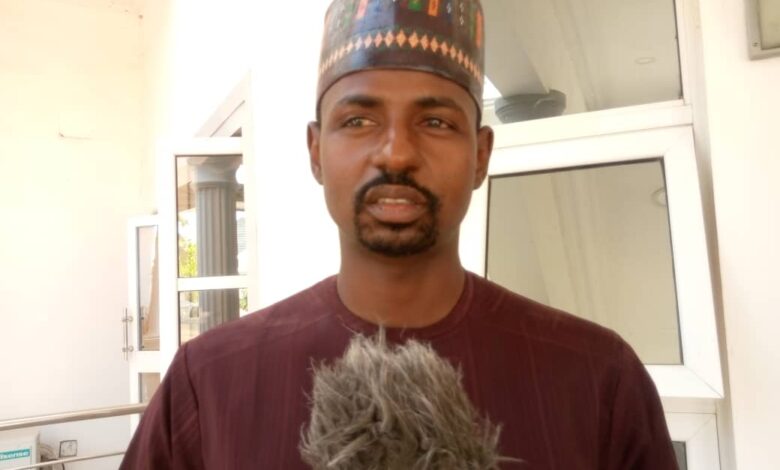
A community-based approach has been introduced in Bauchi State to help curb the spread of infectious diseases like Lassa fever, yellow fever, rabies, monkeypox, diphtheria, and similar diseases.
The Risk Communication and Community Engagement Officer for USAID Breakthrough Action Nigeria, Dr. Abdulmajid Yakubu Ahmad, announced this during a stakeholder dialogue to review strategies aligned with the One-Health approach.
Dr. Yakubu Ahmad noted that many infectious diseases stem from human-caused factors, including poor personal and environmental hygiene, improper food storage, and general neglect.
He highlighted the importance of the food value chain in managing Lassa fever spread, noting that proper hygiene practices in food handling and storage will prevent disease transmission.
He further emphasized the need for community members to recognize risks and address them effectively.
The Risk Communication and Community Engagement Officer, said One-Health approach integrates stakeholders from various sectors, including agriculture, health, environment, water resources, and transportation would educate and sensitize community members across these sectors.
Dr. Yakubu Ahmad urged government entities to leverage available resources to sustain community-driven efforts supported by Breakthrough Action Nigeria, which aims to foster economic and health development by combating infectious diseases.
In his message, the Bauchi State Commissioner of Agriculture, Professor Simon Madugu Yalams, advised households to take basic health precautions, such as covering dishes before washing and keeping food covered to improve public health.
He reaffirms his ministry’s commitment to achieving the objectives of the One-Health approach in the state.
Representative of the state Commissioner of Health, Dr. Sani Muhammad Dambam, the Director of Public Health, Malam Abdullahi Dan’asabe, commended USAID’s Breakthrough Action Project in Bauchi State for its contributions to risk communication and capacity building.
He noted that despite active surveillance, case management, and outreach efforts, Lassa fever cases have remained high.
He said the ministry has adopted the One-Health approach in partnership with Breakthrough Action Nigeria, and early results show a promising reduction in cases.
In a Goodwill message, the Commissioner of Housing and Environment, Danlami Ahmed Kawule, represented by a director in the ministry, described Lassa fever as a significant health challenge in the community.
He welcomes the collaboration among stakeholders, emphasizing the importance of a human-centered design that includes community voices in developing sustainable solutions.
Danlami Kawule also affirmed his ministry’s commitment to eradicating Lassa fever, citing the deployment of environmental health surveillance officers across the state’s 20 local government areas.
On his part, the programe Manager of the Bauchi State Agriculture Development Programme (BSADP), Alhaji Ya’u Muhammad, highlighted the role of extension agents as essential links to farmers, helping implement the One-Health approach to control infectious diseases in communities.
He noted, that the limited number of extension agents poses a significant challenge, with each agent responsible for over 20,000 farmers, far above the global standard of one agent per 800 farmers.
Participants at the workshop called for stronger collaboration among stakeholders, effective communication, active community engagement, budget allocations, and timely funding to ensure the sustainability and accountability of the One-Health approach in Bauchi State.

